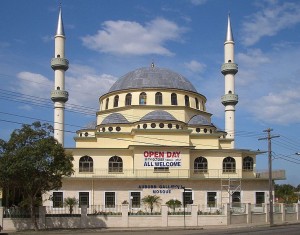Center for Aging Services Technologies (CAST), a frequent collaborator with IAHSA, has released a new portfolio of free tools designed to help aged care organizations identify and select medication management technology solutions. The CAST Medication Management portfolio features products that are designed to reduce medication-related errors and improve coordination while prescribing/ordering, dispensing and administering the proper dosage. Some products in the toolkit also support medication adherence for individual consumers.
Importance of Medication Management
The medication management process is complex, spans several care settings, and involves multiple stakeholders, according to a CAST statement. Therefore, medication review and reconciliation are critical.
During medication reconciliation, caregivers compare a patient’s medication orders to all of the medications that the patient has been taking. This process must occur regularly and at every care transition. Otherwise, patients face increased risk of adverse drug events that often result in hospitalizations, readmissions and even death.
“When we consider the fact that older adults are prescribed multiple medications and that they are often dealing with multiple care providers that don’t necessarily coordinate with each other, regular medication reviews and medication reconciliation must be top priorities for providers,” said CAST Executive Director Majd Alwan. “This portfolio of tools is a great resource to any organization that is focused on improving medication management and that is considering adopting relevant technology solutions.”
Portfolio Components
The CAST Medication Management portfolio includes the following components:
- A whitepaper helps organizations understand the range of issues surrounding medication management. The whitepaper outlines technology solutions available in the marketplace, as well as their uses and benefits. It also provides guidance on the process of planning for and selecting appropriate technology solutions to improve medication management.
- A Selection Matrix compares 15 different products from 14 vendors across 305 different functionalities. In addition, an Online Selection Tool helps providers identify the appropriate medication management products that include their “must-have” features. Functionalities range from care setting applicability to desired features in medication ordering, clinical decision support systems, administration and/or adherence.
- A set of 3 Case Studies provides real-life examples of how providers implemented medication management technologies.
The Medication Management portfolio complements CAST’s EHR and Telehealth Technology Selection Tools, which CAST plans to regularly update and expand. For more information or to participate in future CAST portfolio development, please contact Scott Code, aging services technology manager, at scode@leadingage.org.
You need to login in order to like this post: click here

